An Exclusive interview with Bryan W. Van Norden by CNS Reporter CHEN Mengtong
The east pediment of the American Supreme Court, designed and sculpted by Hermon A. MacNeil, has three marble figures representing three lawgivers from the history of civilization: Moses, Confucius and Solon.
What's a sculpture of Confucius doing there? Bryan W. Van Norden explains why, as well as the influence of Chinese philosophy on the United States and Sino-U.S. relations. According to him, philosophical education should move away from the Western-centered perspective and abandon prejudice and misunderstanding.
CNS: Many Americans don't know that there's a sculpture of Confucius in their Supreme Court.
Bryan W. Van Norden: There is a cluster of sculptures both on the western and eastern pediments of the Supreme Court. On the western side, near the stairs to the main entrance, there is a female figure holding a smaller figure in her right hand. It's the Contemplation of Justice sculpture by James E. Fraser. Visitors often miss the eastern pediment because it is at the back of the building. Those who go to the Supreme Court on work or as tourists usually see just the Western pediment. But the eastern one is very interesting. MacNeil, the sculptor, said the trio of ancient lawgivers, Moses, Confucius and Solon, represented the civilizations from which our laws are derived. It's significant that the symbol of the Eastern origin of law appears on the eastern pediment of the Supreme Court of the United States.
According to records, MacNeil submitted a description of his work to the Supreme Court Building Commission, in which he said, "Law as an element of civilization was normally and naturally derived or inherited in this country from former civilizations. The 'Eastern Pediment' of the Supreme Court Building suggests therefore the treatment of such fundamental laws and precepts as are derived from the East. Moses, Confucius and Solon are chosen as representing three great civilizations and form the central group of this Pediment."
CNS: How did Confucius and his philosophical thought influence early America?
Bryan W. Van Norden: In the early days of America, modern democracy and science were at a foundational stage. Confucius was regarded as the secular saint of Western enlightenment, and America's founding fathers were deeply influenced by the European enlightenment. Thomas Jefferson, Benjamin Franklin, James Madison, Thomas Paine and John Adams all had a strong interest in Confucius and a favorable opinion of his thoughts.
The Supreme Court moved from New York and Philadelphia to Washington, D.C. It was not until more than 150 years after American independence that the present permanent office was confirmed. It was built only in the early twentieth century and the design reflects Confucius’s great influence on the founding fathers of the United States.
CNS: Why is Confucius described as a lawgiver instead of a sage or an educator?
Bryan W. Van Norden: For the Chinese, it is a bit strange to see Confucius described as a lawgiver. The problem is that most Americans, even those who revere Confucius, don't know the difference between legalism and Confucianism. When they wanted to pay tribute to the Chinese civilization, the only Chinese icon they were familiar with was Confucius. They didn't know the difference between "rites" and "laws" but they regarded Confucius as a moral model, and so they chose him to represent a part of the world civilization.
CNS: How does contemporary American society regard Confucius and Chinese culture?
Bryan W. Van Norden: American attitudes toward China and its culture are very complicated. Many intellectuals like Benjamin Franklin and Thomas Jefferson respected Chinese tradition and the Chinese but many people look down on Chinese tradition and don't respect the Chinese.
In my opinion, most Americans have misunderstandings about Chinese philosophy. Americans are more likely to borrow some words from Confucius or other Chinese philosophers just to serve their purpose. Antonin Scalia, a Supreme Court judge, regarded Chinese philosophy as "mysterious fortune cookie messages," which reflects the common American perception of Chinese philosophy. In reality, Chinese philosophy has persuasive arguments and detailed analysis.
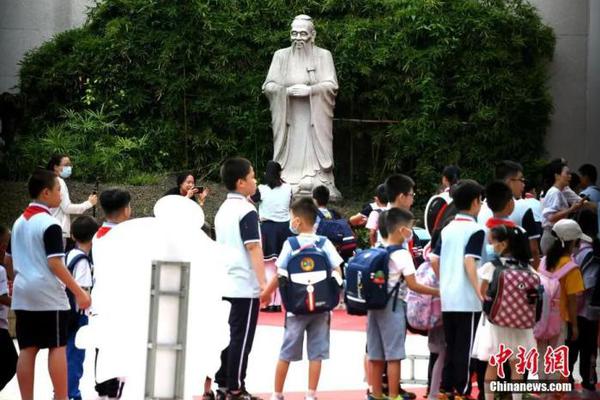
CNS: How is Chinese philosophy education doing in American universities?
Bryan W. Van Norden: Of the 100 universities in the United States that train doctors of philosophy, only about 13% offer courses on Chinese philosophy. I hope this will change. Although the older generation of American philosophers tend to have a very narrow view of Chinese philosophy, the younger generations, whether doctoral students or assistant professors, are much more open-minded. I am optimistic about the future. People will have more opportunities to learn about Chinese philosophy.
CNS: What is lacking in the current exchanges between China and the United States?
Bryan W. Van Norden: In Western political philosophy, individualism has far-reaching influence, and it emphasizes "self-serving motives." In contrast, the views of classical Western philosophers, such as Plato and Aristotle, are similar to Confucianism; they advocated communitarianism, emphasizing that people are part of society. Though Plato and Aristotle's political philosophies stress the importance of society, contemporary Western political philosophy ignores this fact. I think there is a misunderstanding of China in the West; that is, Westerners don't understand how the Chinese can solve problems through cooperation.
CNS: You have often written that the United States must understand and learn Chinese philosophy. What is the most important reason?
Bryan W. Van Norden: As the Chinese leaders say, Confucianism is an important part of Chinese traditional culture. It is essential for the United States to know more about Chinese culture and Confucianism because the U.S. and China are the two major powers, and they need to know each other in order to achieve long-term and fruitful development in the future.
Cultural mutual understanding is very important for both the United States and China. In China, many people know at least a little about American culture, but there are still many Americans who are very ignorant of Chinese culture. Especially in the past few years, due to the negative attitude of American leaders toward China, fewer and fewer Americans are learning Chinese.
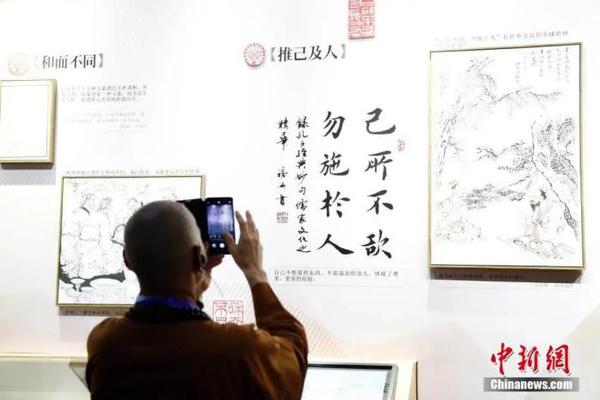
CNS: Which saying of Confucius do you think can enlighten Sino-U.S. relations today?
Bryan W. Van Norden: Do not do unto others what you do not want done unto you.








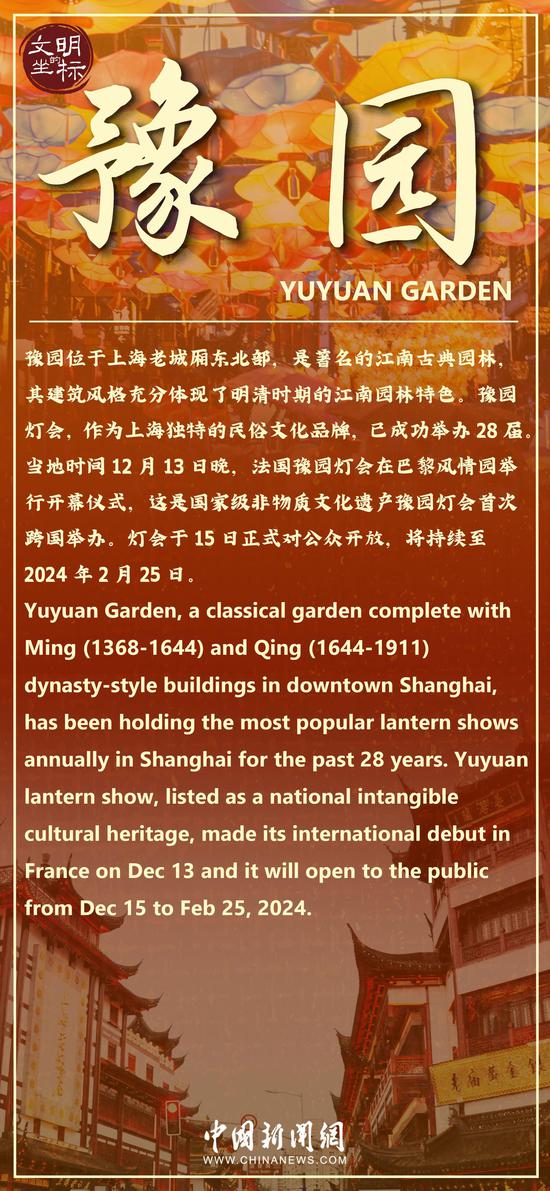










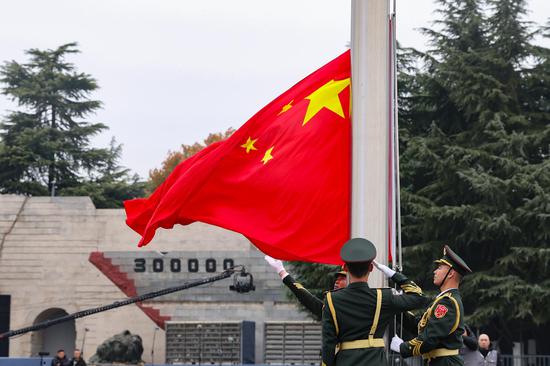


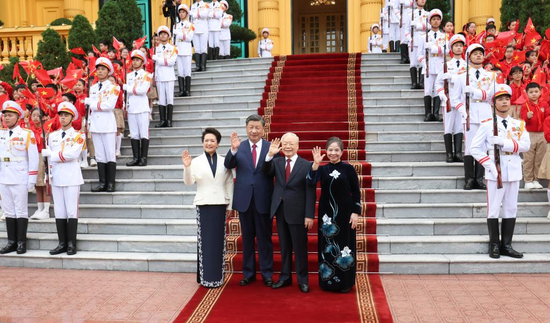









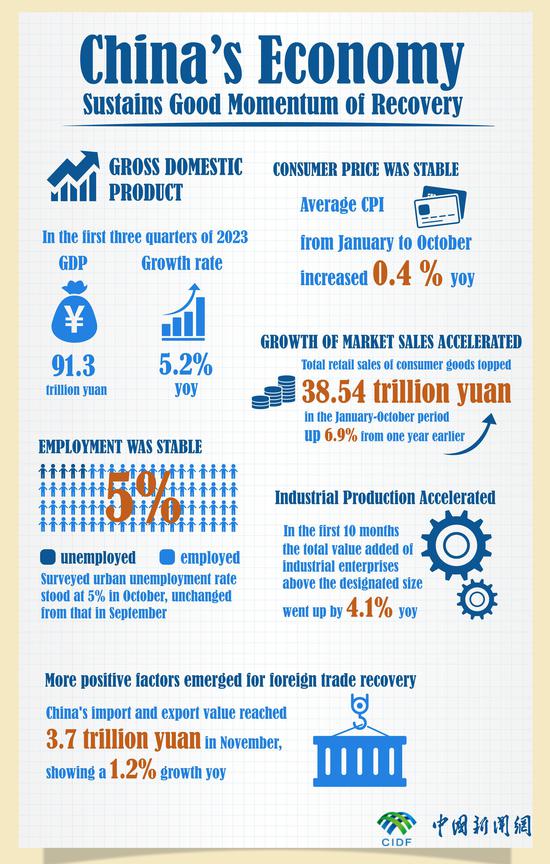






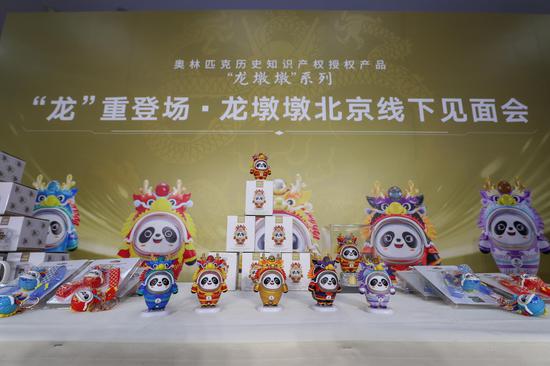










 京公網(wǎng)安備 11010202009201號(hào)
京公網(wǎng)安備 11010202009201號(hào)